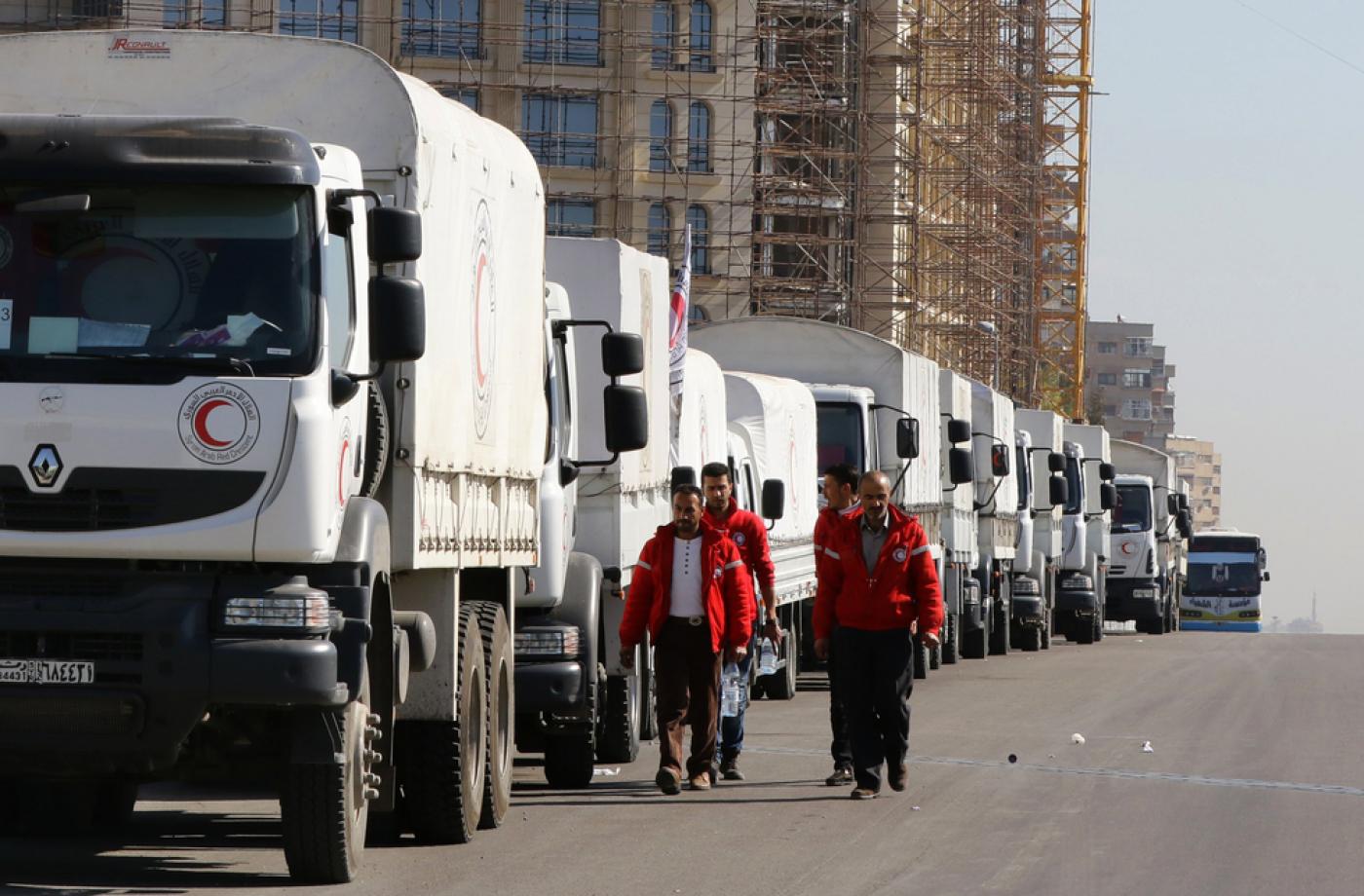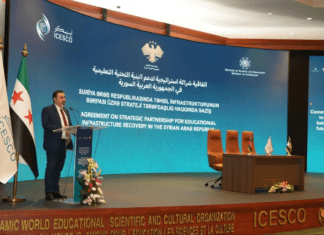
In a statement published by Czechia-based NGO People in Need (PIN) the dire need for unilateral unrestricted access to all parts of Syria was clearly explained and the links between the political and bureaucratic roadblocks placed in the path of aid organizations and the deaths of Syrians was shown.
“Local rescue teams could only search 5% of the affected areas,” says the statement, “because of this, 95% of all destroyed buildings were not searched in time to save any potential survivors trapped under the rubble. The international community failed the Syrian people by not reacting fast enough and not supporting the search and rescue teams.”
Following the devastating earthquake which leveled entire neighborhoods, international aid didn’t reach the earthquake victims until nearly a week later. While some organizations like the UN delayed their response due to primarily political reasons, the majority of NGOs were not permitted to send, funds, aid, or resources due to the restrictions placed on providing aid, not to the sanctioned Assad regime, but to the besieged opposition areas.
“What is needed is more assistance, more access, and more funding,” PIN continues, “the earthquake has brought new suffering, increased the number of people in need, exacerbated existing needs, and hampered the ongoing response.”
One of the main issues in ensuring that those most in need receive aid, especially in the wake of the earthquake is the mechanism known as “cross-line” wherein assistance is sent by international organizations to the Assad regime and then transferred across lines of control into the liberated areas of northern Syria.
Such a system often results in theft by the regime, and little to no aid reaching those in need, including those in regime-held areas. It also creates delays in the supply chain and makes receipt of aid a partisan issue dependent on connections, giving priority to political and not humanitarian concerns. “Redirecting existing resources and funding from other parts of Syria is not the solution,” says PIN.
The statement concludes, “Put humanitarian needs first and move forward with an urgent and immediate scale-up of the humanitarian support in order to relieve the suffering of affected populations and support those helping them.”
Over 30 different NGOs from various countries including Czechia, Denmark, France, Germany, Norway, the UK, and the US, in addition to several faith-based organizations agree the current system is not meeting the needs of the people nor the goals of humanitarian work, which is to save lives, alleviate suffering, and improve quality of life and demand that the international community facilitates unfettered and direct access to all regions of Syria, regardless of political affiliation or administrative bodies.





